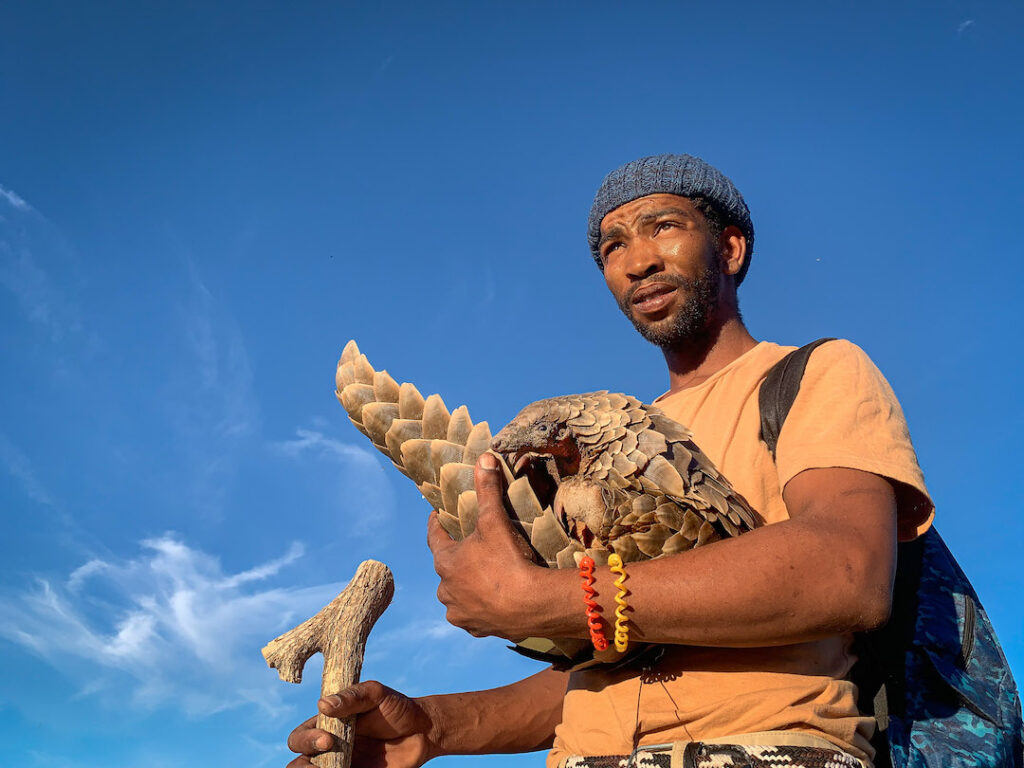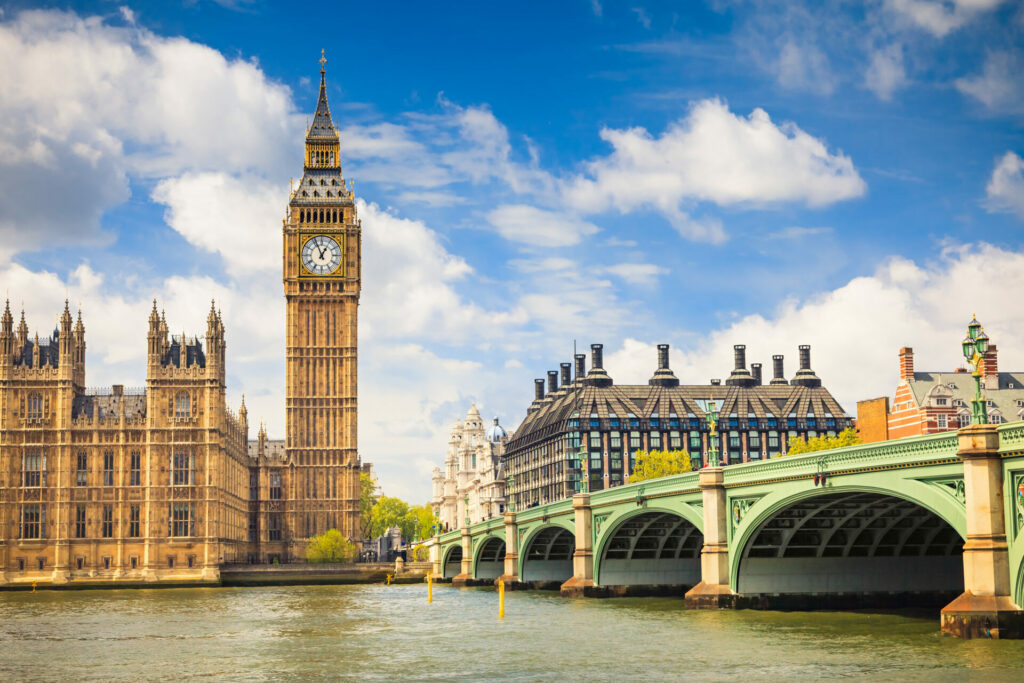At the age of 11, her campaigning streak was already clear for all to see. It was 2009 and Malala Yousafzai wrote a blog for the BBC about her life under the Taliban’s occupation in Swat District in Pakistan.
It became so popular that the following summer, she was the subject of a New York Times documentary, and was even nominated for the International Children’s Peace Prize by the late activist Desmond Tutu.
Then came the news that left the world reeling. In October 2012 Malala and two other girls were on a bus in Swat District, after taking an exam, when a Taliban gunman opened fire. Targeted for her activism, Malala was hit in the head with a bullet. She was rushed to hospital where she remained unconscious and in a critical condition.
‘Malala is a good role model because she shows us that obstacles can be overcome. She was a girl denied the right to go to school and she has transformed herself into a successful graduate and a champion of education.’
Luckily, she survived the assassination attempt. Since then, Malala’s name has become synonymous with courage, kindness and grace, and her young life – she’s 25 this year – is already scattered with superlatives and firsts. Less than a year after the shooting, on July 12 2013, her 16th birthday, she made an impassioned speech at the United Nations about the need for access to women’s education, calling on world leaders to reform their policies.
Malala Day
So impressed were the UN that they dubbed the day Malala Day, and it’s since become an international celebration of Malala, the youngest recipient of the Nobel Peace Prize at 17, an Oxford graduate and a tireless campaigner for women’s right to education across the globe.
Coach Jasmine Navarro, who runs a coaching business – NAVA – in Dubai, says Malala is an inspirational role model who embodies bravery, resilience and persistence, and we can all learn lessons from her.
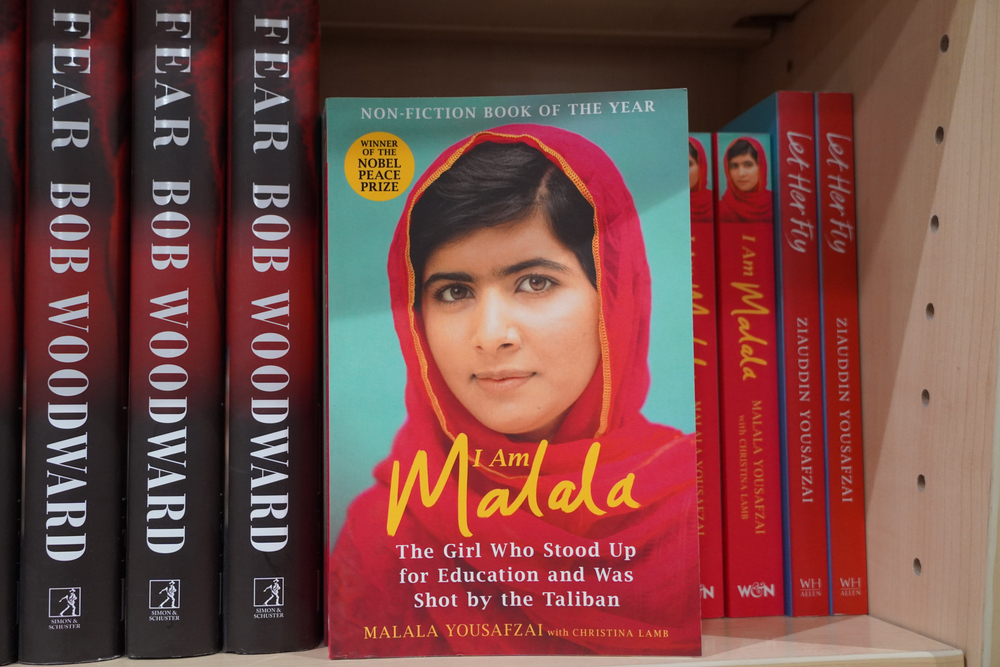
‘Although she is most famous for surviving a serious attack on her life, she has, in fact, overcome many different types of challenges, including relocating to another country, studying in a demanding institution and coping with international fame,’ says Jasmine. ‘All these challenges have given her amazing qualities. The most notable is courage. She is brave. And she doesn’t give up.
‘Malala is a good role model because she shows us by her actions that obstacles can be overcome. She was a girl denied the right to go to school and she has transformed herself into a successful graduate and a champion of education.’
So how can we channel Malala and be more like her? Isn’t she one of a kind? And are we even capable of that level of courage?
Brave Muscle
‘Malala is a good example of how we can all develop the quality of bravery throughout our life,’ says Jasmine. ‘Nobody is born with a brave gene. It’s more like a muscle we can exercise and make stronger over time. Even at 11, when she wrote her blog, Malala was developing her courage and facing her fears. Since then, her courage has skyrocketed. She is now a superb example of how far courage can take you.’
The first step towards courage is to admit you’re feeling scared, says Jasmine. ‘A common reaction is to avoid things that are frightening or deny that we are scared,’ she continues. ‘Unfortunately, when we do this, we miss the chance to exercise that bravery ‘muscle’ and break through to a more courageous version of ourselves.
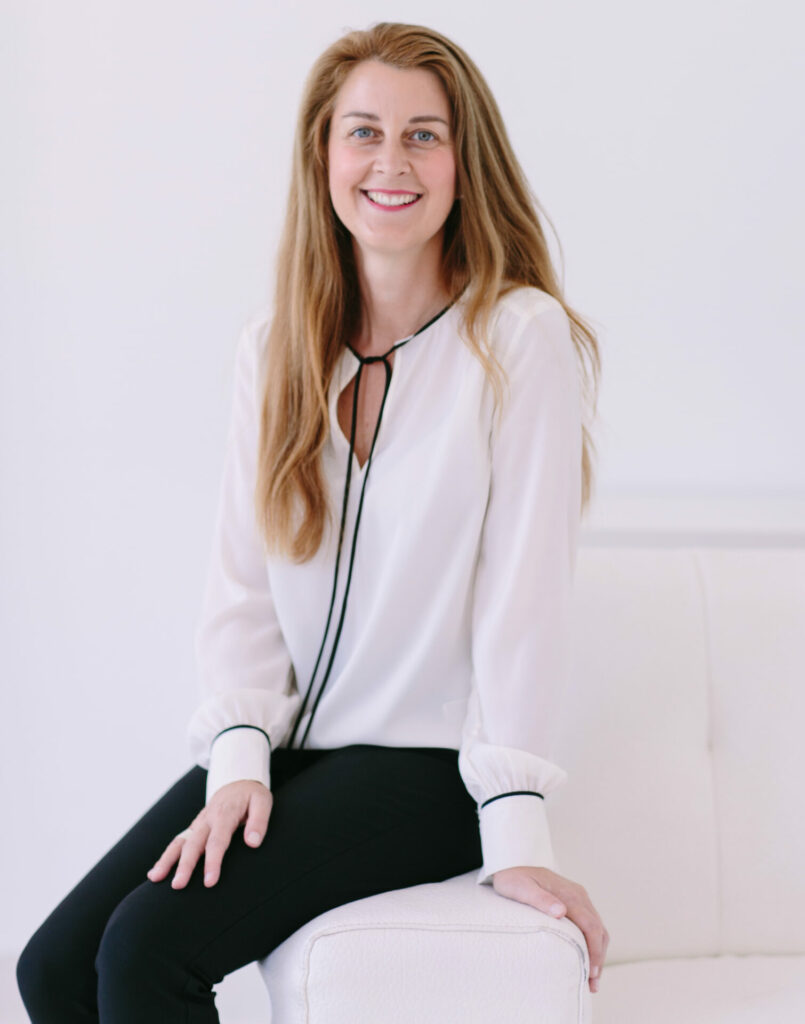
‘Sometimes simply stating our fear out loud can bring it into the open and make it seem less scary. Journaling is also a good way to admit fear in a private space. Just state your fears without judgement. Saying: “I am a big chicken!” won’t make you feel good. Instead try something like: ‘I am afraid of the operation I need to have.’ By saying things out loud or writing them down, we get to validate our feelings and accept that these emotions are normal.
‘Everyone experiences fear. We have a region in our brain – the amygdala – that deals with this primal emotion. But some people will accept their fears and try to deal with them while others avoid or ignore them. The bravest are those who, like Malala, have had the most practice at facing their fears.’
Silence your Chatterbox
According to self-help experts, the key to handling fear is to control our inner negative thoughts, called our ‘chatterbox’ by the late Dr Susan Jeffers in the popular psychology book, Feel the Fear and Do It Anyway.
Says Jasmine: ‘We all, at times, experience a critical voice in our heads or assume something terrible is going to happen. Try to catch yourself when this happens and reframe the thought. If a colleague quickly looks away when you make eye contact you might think he or she is angry with you, or that you’ve done something wrong. Catch that thought and say: ‘STOP’ in your head. Examine the evidence. Are your thoughts actually realistic? Your colleague might be just distracted and thinking about something else entirely.’
As well as our ‘chatterbox’, the other obstacle to courage – surprisingly – is perfectionism, which the experts say isn’t as healthy as it sounds.
‘Repeating affirmations can boost confidence over time. Sometimes they will feel silly, but the science behind affirmations shows they help our self-efficacy. On Malala Day, we could all say: “I can be like Malala.”’
‘Wanting to be perfect can make us so scared to fail, we don’t even try to do something in the first place,’ states Jasmine. ‘Perfectionism is an attempt to never experience loss or failure, but life is full of rich experiences, and loss and failure are a part of life. Accepting setbacks for what they are will encourage you to be brave and keep trying. A good mantra is: ‘Progress, not perfection.’
‘Repeating affirmations can boost confidence over time. You can say them in the mirror first thing. Sometimes they will feel silly, but the science behind affirmations shows they help our self-efficacy. On Malala Day, we could all say: ‘I can be like Malala.’
Be Kind
Interestingly, another useful hack in the self-help toolkit is kindness, a trait Malala has in abundance.
‘Stress and fear can make us shy away from other people, but if we want to boost our courage, we need the opposite,’ reveals Jasmine. ‘When we care for someone else, a part of our brain is activated and that makes us feel braver. We also experience a rush of the chemical, oxytocin, which has a double purpose. On the one hand, it increases our feelings of connection with other people, and on the other hand it decreases activity in parts of the brain that process fear. So next time you want to feel more courageous, look around for someone who needs your help!’
UK writer Gill Hasson, author of Kindness – Change your Life and Make the World a Kinder Place (Capstone), agrees and points out helping others has a two-pronged effect.
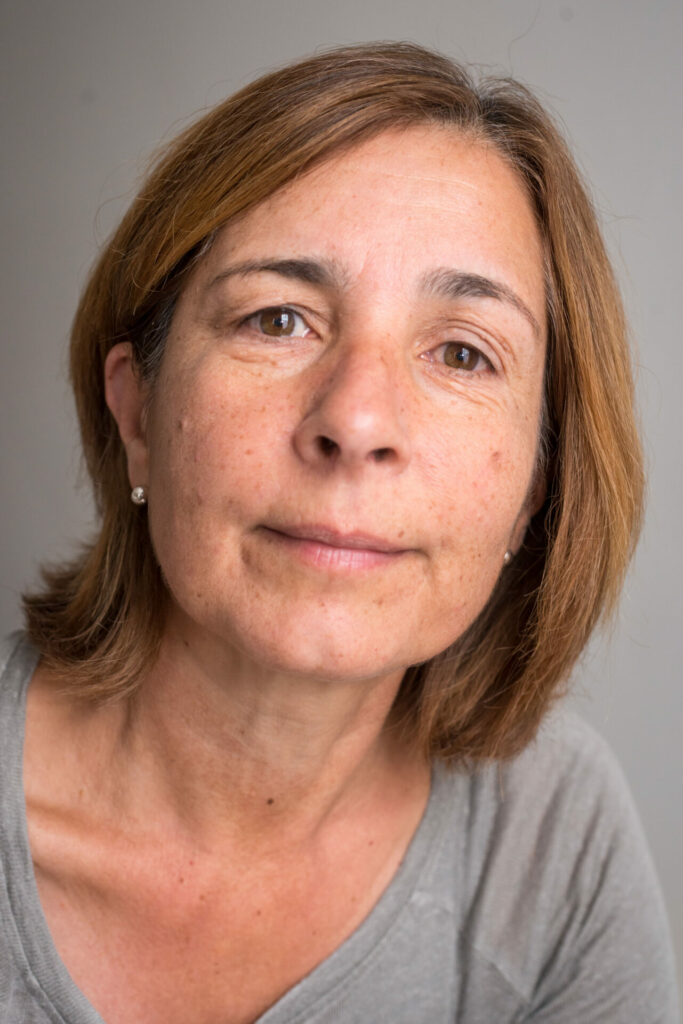
‘Being kind not only makes the other person feel respected, valued and connected, it also makes you feel good because you recognise there are things that you can do that will make a difference,’ she says.
‘If you see someone struggling with parcels, you can help and they’ll be touched by your kindness. Or if your neighbour needs help getting to a hospital appointment, you could drive them there, even if you have to change your own plans.
‘We are social beings so when you get the opportunity to carry out an act of kindness, do so and your body will be flooded with feelgood hormones.’
One of Gill’s tips to show kindness is to include people in our plans, whether that’s asking a new colleague to join us for lunch, inviting the new girl in our children’s class to pizza night or going round an elderly neighbour’s for coffee and a chat.
‘Help someone who doesn’t have strong IT skills use the internet and do some research for them, write a letter for them or sort out a doctor’s appointment for them.’
But Gill warns our kindness must come from a good place, not because we want to play the victim or be a martyr. ‘It must be offered as an act of goodwill, not a duty or in return for thanks or recompense,’ she stresses.

Of course, Malala is famous for her campaigning, and we can all flex our activism muscle by taking up a good cause. ‘There are thousands of organisations so pick something you feel strongly about,’ urges Gill. ‘If you love animals, help at an animal shelter or campaign against animal cruelty. There are many ways you could get involved.’
And if fear persists, Gill suggests we think of a time when we were courageous and remind ourselves that we are capable of doing things we once considered risky.
‘It may have been when you went into school to talk to your children’s headteacher about their behaviour, did a long trek or gave a difficult presentation at work,’ she says. ‘It’s always good to remember that you were brave, that you took a risk and it made you stronger.’





